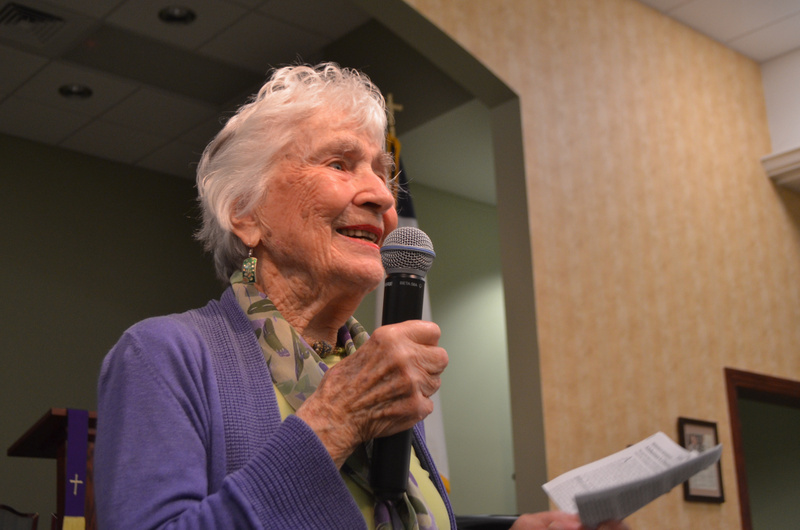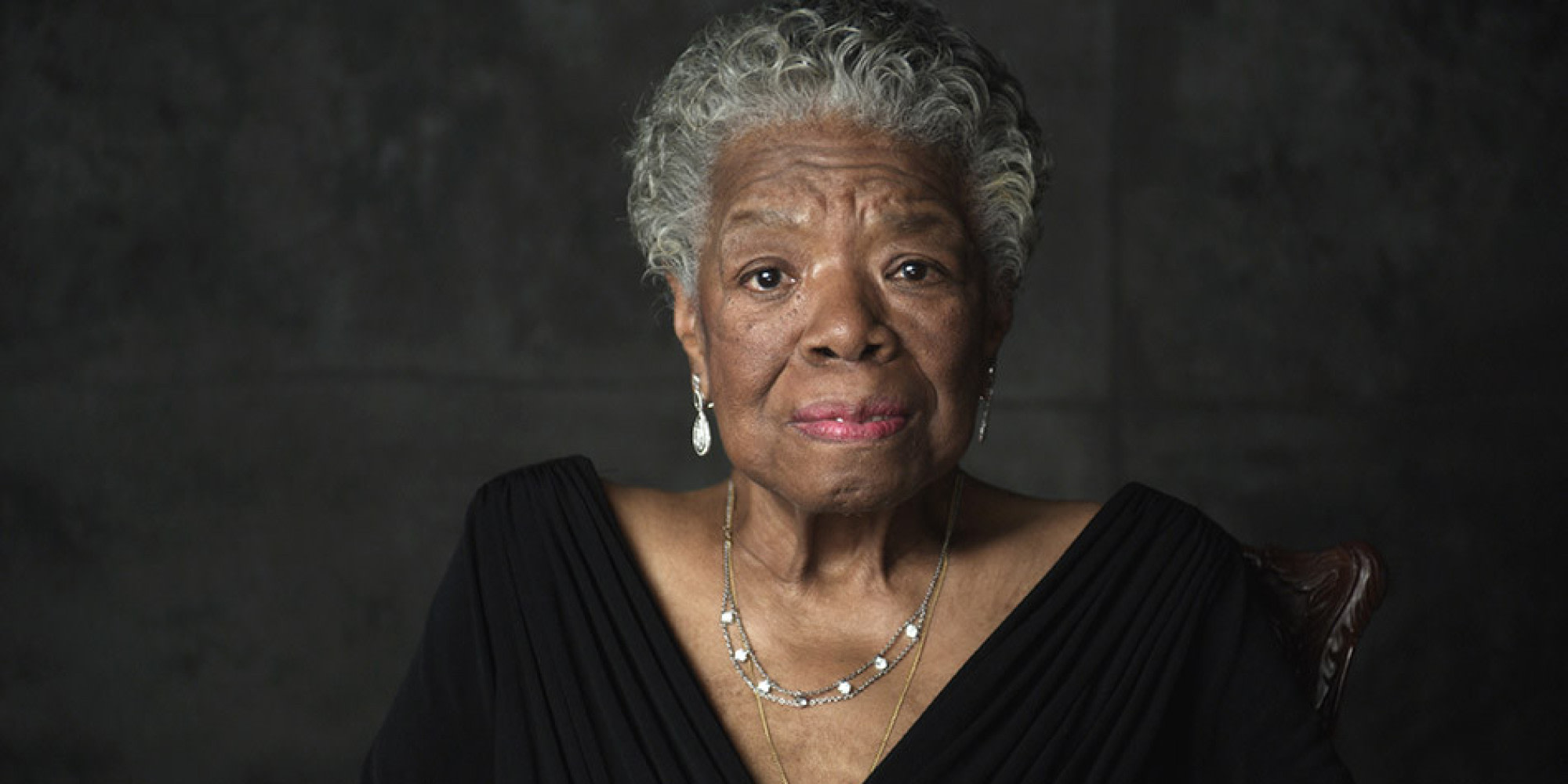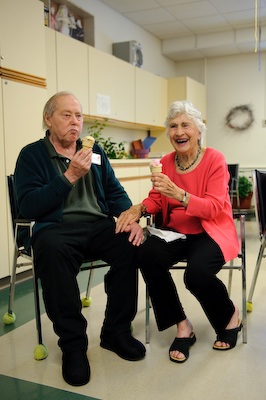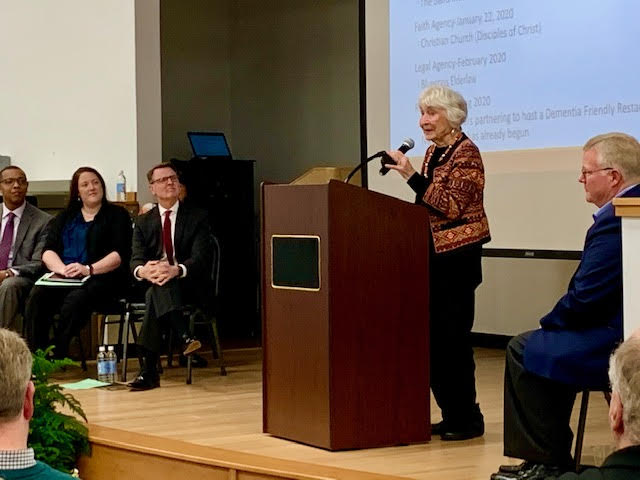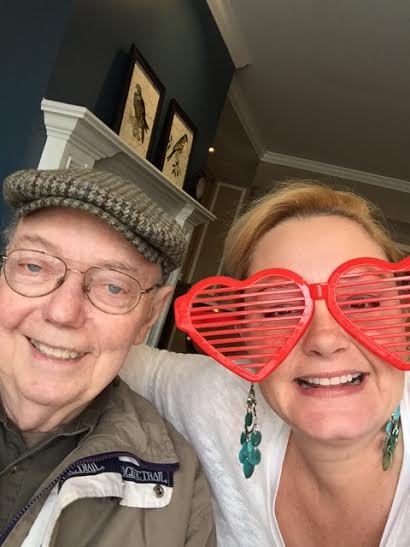Dr. Alois Alzheimer died in 1915, only seven years before I was born. The German psychiatrist and neuropathologist is known for identifying the first published case of the disease that bears his name. As I turn 100 years old, I feel fortunate to have my “wits about me” and to be able to work on a new book, volunteer for causes important to me, and navigate the Zoom menu well… Read More »
Blog
“I’ve learned that people will forget what you said, people will forget what you did, but people will never forget how you made them feel.” The poet Maya Angelou wasn’t thinking about Alzheimer’s disease when she wrote these words, but I can’t think of a more perfect way to convey how using the Best Friends™ Approach impacts our friends and family members with dementia. Alzheimer’s disease and most other dementias… Read More »
Language has slowly evolved in a positive way in dementia care. In the 1800s and later, the language for the care of a person with dementia was very demeaning! A person was cared for as a nonperson and often put away in an insane asylum. Then later there was the top-down approach. You have a problem and I am here to be in charge of you, the patient! No one… Read More »
I came home from the 2016 Alzheimer’s Disease International Conference in Budapest, Hungary, really “fired up” about dementia-friendly communities. For over 30 years, the Best Friends™ Approach had spread the philosophy of being together with persons with dementia. We’ve impacted the care approaches of family and professional care partners, but what about our wider community? I started making plans for Lexington to become a dementia-friendly community. Today a hard-working and… Read More »
The COVID-19 crisis is taking a heavy toll on all of us, particularly family and professional care partners. Visitors are prohibited in most residential care communities; this is necessary but certainly can be distressing to families and persons with dementia. Even when we are together, we are told to stay six feet apart. The very phrase “social distancing” is the opposite of the Best Friends™ Approach and everything that we… Read More »
Relationships between memory care community staff and family members or friends of residents with dementia can be challenging. How can the Best Friends™ Approach help you optimize those relationships? Try these six strategies. 1. Meet families and friends where they are When families come to your program, they may be emerging from years of stress around dementia. They might be in denial or experiencing anxiety, grief and loss as they… Read More »
Communicating with a person with dementia can be difficult as dementia progresses. Our good friend Rebecca had a hard time communicating as time passed, but because we knew her Life Story, we were able to bring forward memories and stories to help her feel in the flow of life. We also knew she that she liked to express an opinion. She loved it when staff and volunteers at the Best… Read More »
Imagine this new resident arriving at your memory care community or day center (or being supported in-home): a six-foot tall, 185-pound, 62-year-old man who is in great physical shape but has been diagnosed with frontotemporal dementia (FTD). FTD affects more men than women, typically between 55 and 65. Classically, FTD affects the areas of the brain that influence personality and behavior. Personality change (even more than memory loss) is the… Read More »
Launching a volunteer program in your memory care community can improve the care and engagement of persons with dementia. The life experiences and talents of energetic and motivated volunteers can complement the gifts of your well-trained staff. Volunteers may play the piano, create and lead art and music programs, accompany groups on field trips, or serve on boards or committees—always with the Knack of great care. I’ve seen volunteers add… Read More »
How do you feel when someone calls you by the wrong name? Probably not very happy! We all want to be called by our correct name. Persons with dementia have a name most familiar to them. This is their preferred name, and it’s what they want to hear. Knowing and using their preferred name is a key building block of the Best Friends™ Approach and a first step in developing… Read More »
